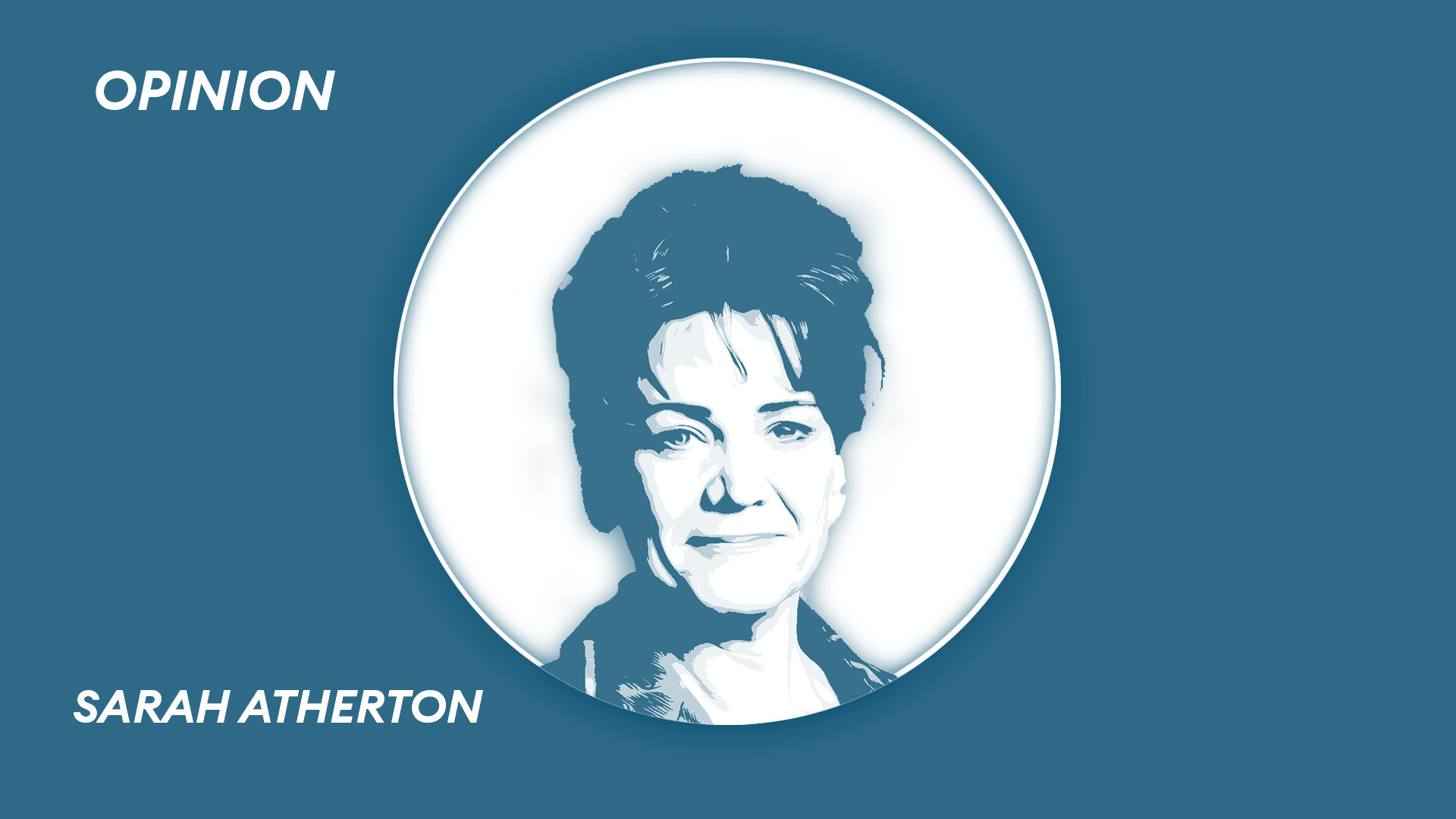
Action or optics? The MOD's promises must deliver for women in uniform

Sarah Atherton tells BFBS Forces News how the MOD has outlined the needsto improve the experience for women in the Armed Forces - but action is louder than words.
This week, for the first time in 14 years, all three service chiefs appeared together before the Defence Committee – a rare and telling moment.
It signalled just how seriously the Ministry of Defence is now treating the issue of women's experiences in the Armed Forces.
Their expressions – solemn, even uncomfortable – suggested a long-overdue reckoning with the reality many women have endured while serving.
As someone who has campaigned relentlessly for change, the session brought a mix of cautious optimism and deep frustration.
Since 2021, I've pushed for serious complaints such as sexual assault, harassment and bullying to be handled outside the military chain of command.
This week, that campaign saw progress.
The MOD announced the formation of a Tri-Service Complaints Unit and a Violence Against Women and Girls (VAWG) Taskforce.
These are welcome steps, but for many of us they raise a familiar question: is this genuine reform or just another exercise in optics?
The Complaints Unit, according to the MOD, will be independent of individual service chain of command and will handle the most serious allegations of sexual harassment, racism and other serious behaviours across the Armed Forces.
This could mark a cultural shift, giving personnel greater confidence that their complaints will be dealt with fairly and consistently.
But key questions remain unanswered:
What exactly qualifies a case to be handled by the new unit?
Will it be truly independent, or simply a rebranded version of past efforts like the little-known Central Admissibility Team, which failed to make a real impact?
Will it be properly resourced – and will civilian experts be brought in when necessary?
Most importantly, will service personnel be clearly informed of their right to report incidents directly to civilian police?
These are not minor details. They are make-or-break elements that will determine whether this unit represents meaningful change or more bureaucracy wrapped in bold headlines.
The new VAWG Taskforce is another long-overdue development. The inclusion of the term "girls" likely refers to cadets and the Army Foundation College in Harrogate – an institution long under scrutiny for safeguarding concerns.
Oversight here must be rigorous, and protections must be non-negotiable.
These announcements follow years of mounting pressure. When I chaired the Defence Committee's 2021 inquiry into Women in the Armed Forces – The Atherton Report – the findings were damning.
We uncovered a culture where sexual abuse was disturbingly common, complaints often led to retaliation, and court martial convictions for serious offences lagged far behind those in civilian courts.
In that report, 60% of women told us they would not report an incident due to fear of consequences. That's not a broken system, it's a failed one.
Which is why, despite recent announcements, the MOD's credibility is still very much in question.
First, the Women Veterans Strategy – a document developed over more than a year, chaired by myself with input from veterans, experts and stakeholders – has been quietly shelved.
Instead, we're told women will be "acknowledged" in a broader Veterans Strategy refresh. That's not recognition, that's erasure.
Second, the UK still refuses to adopt the internationally recognised term Military Sexual Trauma (MST), unlike allies such as the United States and Australia.
This isn't just semantics. Language drives policy, training and victim support. The refusal to use the term reflects a reluctance to fully confront the issue.
Most disappointingly, the Government has ruled out a move to ensure that all rape cases involving service personnel are tried in civilian courts.
I stood with Labour MPs in 2021 to push for this change because I believed – and still believe – that the civilian justice system offers a better chance of securing justice.
The official line now is that such a change would "remove victim choice". But in reality, that choice is rarely informed, and often illusory. Too many victims don't even know they can go to civilian police. Many are pressured to stay within military channels.
Let's not forget it took sustained pressure just to introduce the Concurrent Jurisdiction Protocol, requiring cooperation between civilian and military prosecutors, taking into account the wishes of victims.
But how often is it used? How many cases actually reach civilian court? Likely very few.
The MOD has had years and countless chances to get this right. Incremental changes and press releases aren't enough. If these new initiatives fall short, there are two serious obvious options remaining:
1. All service complaints could be handled by the office of the quasi-independent Armed Forces Commissioner.
2. Establish a fully independent body to investigate complaints, outside the MOD's control – a solution long advocated by campaigners and experts.
The presence of the service chiefs before Parliament this week was historic. Symbolism must now give way to substance.
The announcement of the Tri-Service Complaints Unit is an important milestone, and after years of campaigning, it's a welcome sign that the MOD has accepted a key principle.
But announcements are not outcomes.
For the women who serve – and those who have served – only results, not rhetoric, will do









